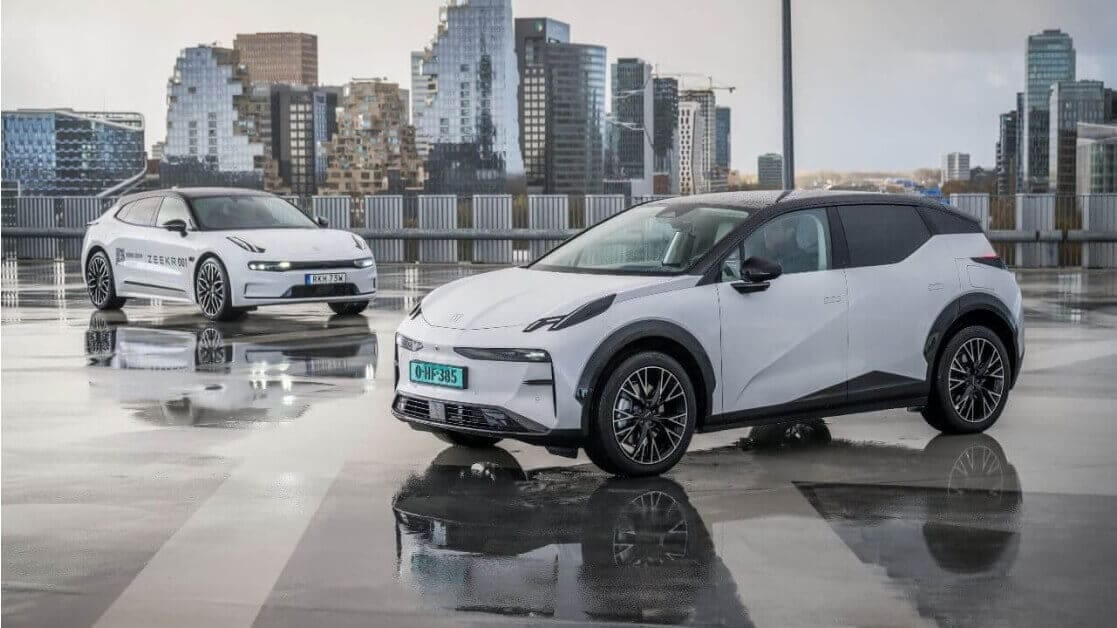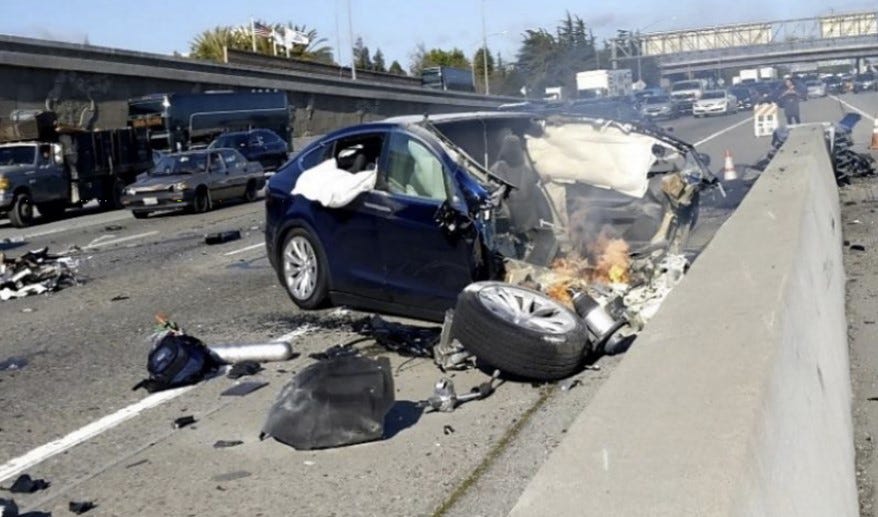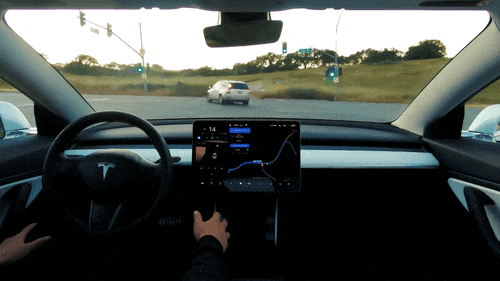There was a dramatic turn last week in the investigation of Elon Musk and Tesla over claims about their car’s ability to drive itself. The Feds have been investigating statements by Musk about the capabilities of Tesla’s self-driving systems for a couple years. Reuters just reported that prosecutors are looking at the possibility that wire fraud laws could have been violated by Tesla and its boss.
This is about autonomy, or, as Tesla calls it, Autopilot and Full Self Driving (FSD). Most experts will tell you the goal of fully autonomous vehicles is a good thing. It could save 40,000 lives in the US each year. That’s because we humans are the weak link in roadway accidents. Take the humans out of the equation and lives are saved- that is if the computers are ready to do the job. So far, they aren’t.
CEO STATEMENTS
But Elon Musk has been telling investors and the world that Tesla is, “a year away… or possibly this year,” could declare its cars are full self-driving. These are the statements are what prosecutors are looking at (video below is from January 2022). The question is whether investors have been wronged or Musk’s statements are just puffery.
(Credit: Tesla)
It’s been a bumpy and slow road for vehicle autonomy, and not just at Tesla. A lot has been written about Musk’s proclamations while the number of accidents involving Tesla vehicles using autonomous modes have risen. Not only are the Department of Justice, and the Securities and Exchange Commission reportedly investigating, but Tesla’s regulator also has an open case proceeding.
MORE INCIDENTS REPORTED
The National Transportation Safety Administration revealed a couple weeks ago that the number of crashes involving Tesla autonomous systems has reached nearly a thousand and it found, “a trend of avoidable crashes involving hazards that would have been visible to an attentive driver.”
Musk is feeling the heat and now seems intent on improving and proving his autonomous systems outside the US. Two weeks ago Musk made a surprise visit to China. While in Beijing the Tesla CEO reportedly gained the approval of the Chinese government to lift restrictions and launch full self-driving features on Tesla vehicles in certain parts of China and launch a robotaxi test.
Elon Musk on 2021 earnings call about fully autonomous Tesla vehicles. (Credit: Tesla)
Citing “sources,” the China Daily reported that government officials gave Musk approval for the test, "and hopes it [will] ‘set a good example.’” The Chinese are still negotiating with Tesla over the data that will be collected during the FSD and robotaxi tests.
NEW TESTBED
Musk has found a more accepting environment for his testing of his autonomous systems. It’s not just the government, it’s also consumers, according to a Tesla competitor.
Zeekr, a high-end electric vehicle brand owned by Chinese automaker Geely, went public in the US last Friday. Zeekr’s CFO made the rounds and was asked on CNBC when full autonomy will actually arrive. While he said it could be years (as most experts expect), he added some context about the Chinese market.

“The Chinese market is obviously quite different from the US. In China, generally customers need and want autonomous driving… [China] seems to be a little bit ahead for the rest of the world,” Jing Yuan said.
Jing said his company recently launched a car with Lidar (Light Detection and Ranging) that assists autonomous driving. He says it, “sells like hotcakes.”
The Chinese executive added that, “customers over there [China] do believe in the future.”

Americans believe in the future as well, but are wary of being “crash test dummies,” during the development and testing of fully autonomous vehicles. A Pew study a couple years ago found that 44% of those surveyed thought autonomous vehicles are a bad idea. About a quarter of those questioned were positive and slightly more than that didn’t have a position on putting computers in control of your car.
Musk can read the studies and the subpoenas from US government agencies. Those may be some of the reasons he’s looking for a new testbed for full self-driving.






While the thought of the ease of traveling and the potential safety benefits of self-driving vehicles is exciting to me, the safety of drivers during the "development process" is of great concern. Granted, we don't want to be living test dummies, but how else do you "prove" that it works unless you put it out on the road? The center point of that is that those people that have these self-driving vehicles have been told that they need to remain attentive and fully participate as the vehicle's driver, and not to rely on the automation. Then they don't. If I had to guess, the vast majority of the accidents are a direct result of the driver not paying attention while on the road. I have no idea how you can change that behavior. I am not sure that will EVER change.
Regardless of any future advancements, I think that drivers will always have to play an active role in the safe driving of the vehicle. What worries me is when the completely driverless vehicles (where there is no driver in the vehicle) hit the road.
From a personal standpoint with a great deal of physics knowledge I know Elon Musk is a phony. It greatly upsets me what Obama gave him. Wouldn’t we all want $1.3 billion dollars and all of USA Space Knowledge to have at our fingertips. There are no AI or data banks large enough to match our very complex human brains. Is it possible in the distant future? I think we have not discovered the process.